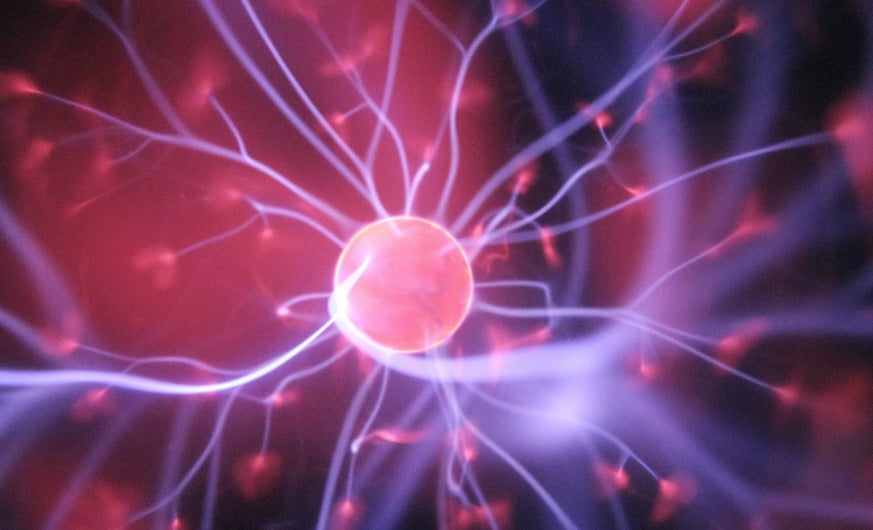What does melatonin do in the body?
Melatonin is a body own hormone that plays an important role in sleep. The production and release of melatonin in the brain depends on the time of day. H. It increases when it is dark and decreases when it is light. Melatonin production decreases with age. Real questions: What does melatonin do in the body? Melatonin is also available as a dietary supplement, mostly in the form of tablets or capsules to take. Most melatonin preparations are made in a laboratory.

What does melatonin melatonin are often used for sleep disorders such as insomnia or jet lag.
Melatonin is a hormone that is produced in the pineal gland of our brain and regulates the sleep-wake rhythm. Melatonin is formed from serotonin, the so -called "happiness hormone". Serotonin is synthesized from the amino acid tryptophan, which is absorbed through food or nutritional supplements. In order to improve sleep regulation, we should therefore increasingly consume foods that are rich in tryptophan to promote the production of melatonin in the body. Melatonin is the "biological clock" of the human body and determines its circadian rhythm.
Sometimes melatonin production is reduced for various reasons: Extrinsic factors: too much light, stressful situations, travel with time zone change, missing routines and shift changes. Intrinsic factors: Melatonin production decreases from the age of 30. This situation worsens after the age of 50. For this reason, insomnia increases with age. With increasing age, the pineal gland sometimes leads to a reduced release of melatonin into the blood.
Recommended food for a relaxing sleep

Spirulina algae

What does the hormone melatonin do?
Melatonin is a hormone produced by the pineal gland that has different functions in the body, especially when regulating the sleep-awake rhythm. It is also artificially produced in the form of pills to treat various problems in connection with the ability to sleep or other diseases.function
The stimulates the stimulates the stimulating gland so that it produces melatonin in the body when it is dark. The more light is perceived, the lower the production of this hormone, which leads to a gradual waking up. People who have a problem that leads to the pineal gland does not produce enough melatonin, so they often have problems falling asleep.Used
Melatonin has been used in the treatment of various diseases and disorders in recent years, although not all of them have proven to be effective.Proven effectiveness

What melatonin does for her in sleep
This hormone, which is produced in the pineal gland, is responsible for the fact that we come to rest. At night, when we sleep peacefully and without light and noise, our body continues to work to keep ourselves in life and healthy. One of the most hard-working hormones that are active during this time is melatonin, also known as the rest or youth hormone. It is synthesized from tryptophan and produced in the pineal gland. What does it do? It regulates our "biological clock", controls our sleep cycle, takes care of our immune system, slows down early aging and protects us against cardiovascular diseases. It also keeps us away from stress, depression and neurodegenerative diseases. While we sleep, melatonin reaches its peak until it falls out at dawn due to the incidence of light. If there is no light, our body produces a larger amount of this hormone. It is therefore extremely important to switch off the lights that prevent us from falling asleep and switch off the television and other devices in order to correct everything that can cause insomnia or poor sleep quality. Man produces melatonin from the 3rd month of life to old age, after which it is in too small amount. The highest melatonin levels are reached between the ages of 8 and 10 until puberty.Too little melatonin affects our health
If we do not release enough sleep hormones, our entire organism gets out of balance and we show a number of symptoms that affect our health. Our mood changes due to the hormonal imbalance to episodes from irritability, depression or anxiety. The less melatonin we pour out, the less serotonin, the happiness hormone. Melatonin deficiency is also associated with the Restless legs syndrome, the development of an underactive thyroid, concentration and memory disorders and other sleep disorders.Food and melatonin



